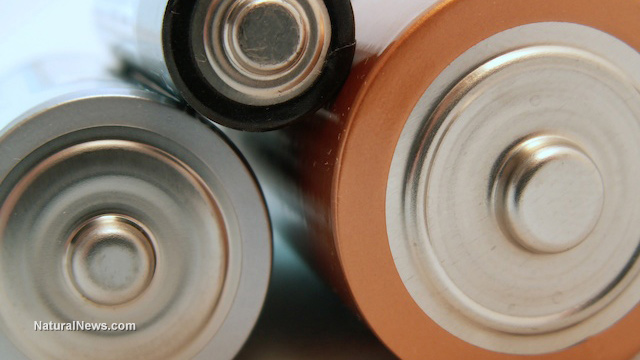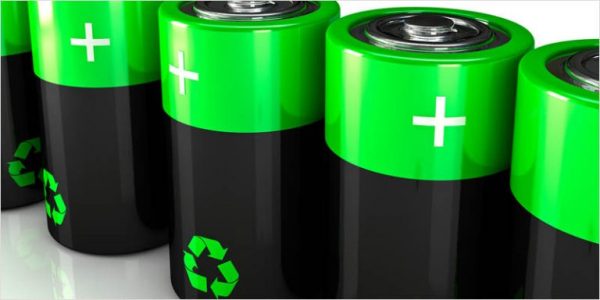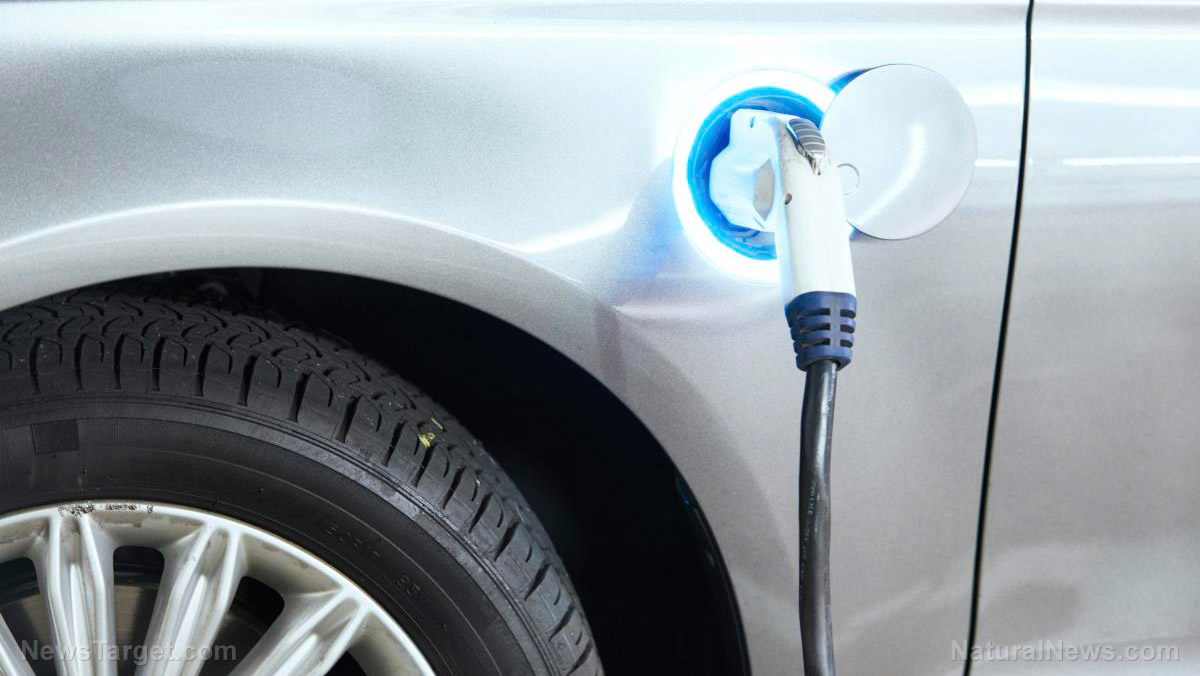You don’t have to be an expert in battery technology to understand that the most common form of rechargeable battery in use nowadays is none other than the lithium-ion battery. They power your smartphones, your laptops, and many other devices scattered throughout your house and your office. What’s more, they are the standard batteries used in today’s – and many of tomorrow’s – electric vehicles.
But there’s a problem with becoming overly reliant on them, as the world seems to be at the moment. They are inherently dangerous due to something that occurs naturally to all lithium-ion batteries. Now a team of researchers from Japan have looked into a possible method to stop this from happening, thereby making lithium-ion battery technology that much safer and more reliable in the long run.
According to a report on the study conducted by a team of researchers from Shinshu University in Japan, the potential dangers of using lithium ion batteries can be curbed rather simply. The issue is how to reverse this particular process once it has been performed. This process involves using magnesium salt to stop so-called lithium dendrites from growing, which is what leads to major problems with lithium ion in the first place.
Susumu Arai, a professor from the Department of Materials Chemistry of Shinshu University and the lead researcher on the study, noted that thermal runaway during the typical charge and discharge cycle is what leads to dendritic branching. “Lithium metal is inherently unsuitable for use in rechargeable batteries due to posing certain safety risks,” Arai explained. “Repeated lithium deposition/dissolution during charge/discharge can cause serious accidents due to the deposition of lithium dendrites that penetrate the separator and induce internal short-circuiting.”
As soon as they identified that the dendritic branching was to blame for the increased safety risk involved in the use of lithium ion batteries, the researchers moved to apply a solution. In the end, they settled on adding magnesium salt to the standard lithium ion setup.
According to Masahrio Shimizu, an assistant professor and co-author of the study, there were a few options available and tested. “A number of approaches have been developed to prevent the growth of lithium dendrites… which are complicated and have some problems,” he said. “In contract, our strategy of adding magnesium salt is extremely simple.”
Their simple solution reportedly combined without much issue with lithium, which stopped any continued dendritic branching. However, they encountered a different problem: Even though the solution worked, the researchers found that it was all but impossible to reverse. And reversing it is necessary for it to be used in rechargeable batteries.
As such, the researchers are still looking for other possible options. But ideally, they want to tweak their current magnesium salt solution to make it more easily reversible somehow. Arai noted that they already have some set targets in front of them. “We aim to show the significantly improved reversibility of lithium deposition/dissolution and to realize stable operation for at least 1,000 cycles,” Arai said, further adding that their ultimate goal was to develop batteries that can last for up to 500 km with full charge when used in electric vehicles. If they are successful, it’s hard to imagine why their technology won’t be adapted by electric vehicle manufacturers worldwide.
Learn more about other new battery innovations at Power.news.
Sources include:
ScienceDaily.com
Phys.org



















